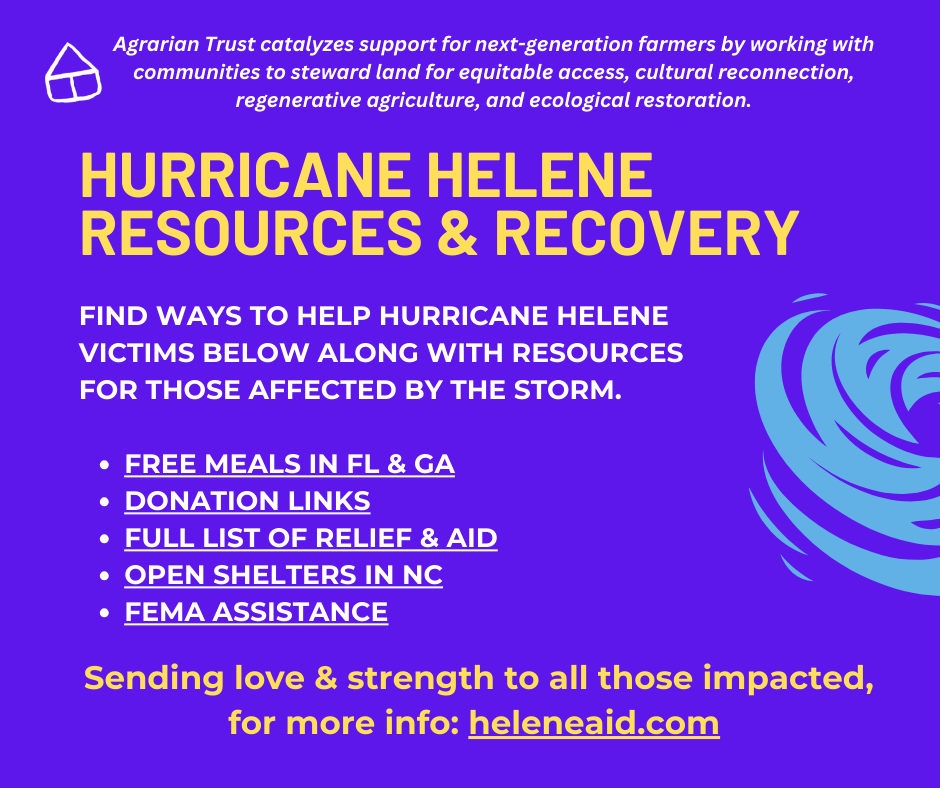Thursday’s military airstrikes against pro-Syrian government forces barely made a dent in the unceasing news coverage of the political drama in the White House. This in itself reveals a discomfiting reality: bombing has become so routine we barely take note. In truth, our economy is addicted to war. Recall that the stock price of Raytheon, which makes the Tomahawk Cruise Missile, soared the day after the U.S. attack on Syria in April, Trump’s first foray into military aggression. Only when we understand this dependence on war—and the economic distortions that perpetuate it—can we begin weaning ourselves from the habit.
The U.S. dropped 26,171 bombs in 2016—that’s three per hour—and the new administration seems determined not to be seen as slacking off in the ordnance department. The purpose of bombs is destruction, and any destruction we don’t want is dismissed as collateral damage. We can debate the effectiveness of military strikes as policy, but we do need to bring to the debate the ecological damage these produce. Acts of war on every scale wreak environmental harm: the release of chemicals and toxic fumes; the ravaging of landscapes, including deforestation and contaminated water sources; long-lived impacts to soil, birds and wildlife habitat. Plus, the development and deployment of weaponry gobble up an awful lot of not-so-clean fuel.
Because ecological destruction affects both friend and foe, the use of bombs, drones and missiles is akin to shooting oneself in the foot…and the lungs and the spirit. War undermines that which most of the world’s people aspire to: physical and financial security; satisfying work and social ties; clean air, food and water. Perhaps we can skip the violence and tragedy and blowback and move directly to restitution: reparations for damage sustained. We’ve been waging war on each other and the planet for a while now, with little positive to show for it. It’s time to launch a Marshall Plan for our ecosystems. Everyone on earth will benefit, and since healthier ecosystems are more productive there will be less reason for war.
“Perhaps we can skip the violence and tragedy and blowback and move directly to restitution: reparations for damage sustained.”
While justifications for armed conflict center on “humanitarian” goals or getting back at “bad guys”, the impetus is invariably economic. The U.S. economy is in a stalemate because, in short, there is little left of the planet to plunder. We can’t expect tech to save us, as the quest for novel electronics seems to be sated for a while. Most of what we call “growth” reflects marginal profits from speculative transfers, as opposed to any exchange of goods or services. And there, tantalizing, our bombs and missiles loom—the choice to detonate them a way to stimulate multiple, political-donor industries and distract the public, if temporarily, from their own economic malaise. As our economy is set up, there’s more profit to be made in creating problems than in solving them.
Our economic model is slash, trash and burn, and so, perversely, rewards destruction. Despite the falling price of renewables, the current administration favors tearing up mountainsides and sending filthy fuels through rickety pipelines. Why use a free resource—the sun—when we’ve got labor-intensive drilling? Heck, even the inevitable breaks in the pipeline put people back to work in order to clean up the damage. The same with agriculture, which somehow purports to feed us by destroying the biological system that supports the growth of crops. Then again, the skyrocketing health bill, the result at least in part of highly processed, low-nutrition food, does contribute to the Gross Domestic Product.
For a while the plunder model may have seemed tolerable, since it was easy enough to keep the resulting mess out of sight. This is no longer the case. We are at an important inflection point. We can maintain the fiction of an economy that exists in a biophysical vacuum, disconnected from ecology. Or we can situate our economy in the real world, operating in real places and embedded in ecological reality. I see this moment of political tension and misery—face it, no one, including those in power, is happy right now—as a symptom of the understanding, conscious or unconscious, that our economic model no longer works and yet, on the surface at least, there appears to be no alternative.
Jane Jacobs, known for writing about cities, also had an uncanny understanding of the life and death of great economies. In Cities and the Wealth of Nations she warned of resorting to what she called “transactions of decline”: trade encouraged to prop up the economy. She offered the example of ongoing, entrenched military production. The economy may appear bustling, but steering investment to defense sucks the oxygen out of a region while offering little benefit. With an economy heavy in financialization, defense, fossil fuels, and a broken industrial food system, what we now think of as wealth—abstract figures that ride up and down the stock market—is essentially scavenging.
It doesn’t have to be that way.
All wealth is based on functioning ecosystems. Even fossil fuels, which enabled our separation from nature, are the product of photosynthesis: the work of ancient plants. Over the last several years we have learned a great deal about how to restore degraded ecosystems and the variety of tools available. Depending on the area to be restored, we may choose carbon farming (one flip side of excess atmospheric CO2 is the loss of carbon in soil); holistic planned grazing; permaculture; integrated water management; myco-remediation; and others. From rural Zimbabwe to Portugal; the Australian Outback to Central Mexico, areas all over the world have been restored. In the Loess Plateau, once the breadbasket of China, a region the size of Belgium was revived through simple techniques like terracing and erosion control. The project enhanced food production and lifted more than two million from poverty. Indeed, while on slow news days media outlets murmur about war there is now a growing global movement dedicated to healing wounded ecosystems.
“If we are to survive, let alone thrive, as a species, we need to accept that each military act is violence against the earth, and all violence against the earth is violence against every one of us.”
Since we know restoration is possible, all we need is for it to become a priority. Ecological regeneration represents the next economic frontier. There’s certainly plenty of land in need of repair. What if we shifted investment from the apparatus of war toward ventures that rebuild the natural environment? From a global perspective, this would provide meaningful employment for the tens of millions of young people now languishing at the edges of the world’s megacities—and offer livelihoods in impoverished farming areas and rangelands, which also have the most potential. In the US, what better way to return dignity to hollowed out rural communities than to invite local populations to regenerate their own landscapes? War is at once a cause of environmental degradation—and a consequence of damaged ecosystems. It’s no surprise that many of our geopolitical hotspots, as in the Middle East, are in dryland areas suffering from desertification. Improved land leads to better lives and livelihoods, and less reason to turn to violence.
If we are to survive, let alone thrive, as a species, we need to accept that each military act is violence against the earth, and all violence against the earth is violence against every one of us. That said, each act of restoration reverberates through the ecosystem and enhances our collective wealth. What direction do we choose? We certainly don’t want a scenario in which the few of us remaining hover under the shade of the last standing trees, holding out a white flag and lamenting, “Nature, we should have listened to you!” Let’s hand shovels and seedlings to weapons company stockholders so they can reap some meaningful returns. Re-greening the earth is both necessary and within our grasp. It would be great if ecological healing were central to the mission and not just the work of the “resistance”.
This work is licensed under a Creative Commons Attribution-Share Alike 3.0 License.
Judith D. Schwartz is a longtime journalist who lives in Vermont. Her most recent book, Water In Plain Sight: Hope for a Thirsty World, has just been published by St. Martin’s Press. Her previous book is, Cows Save the Planet (Chelsea Green Publishing). Her website is www.judithdschwartz.com.
Originally published on Friday, May 19, 2017 by Common Dreams




